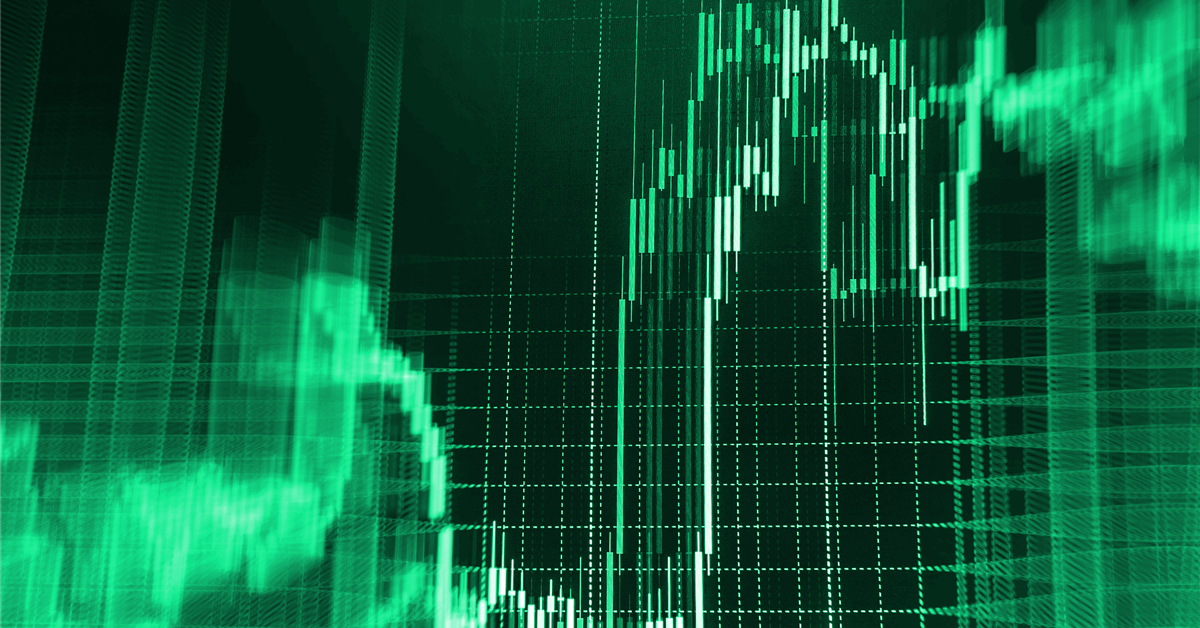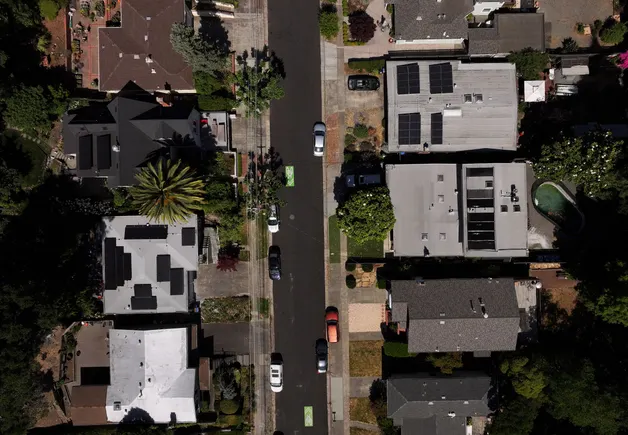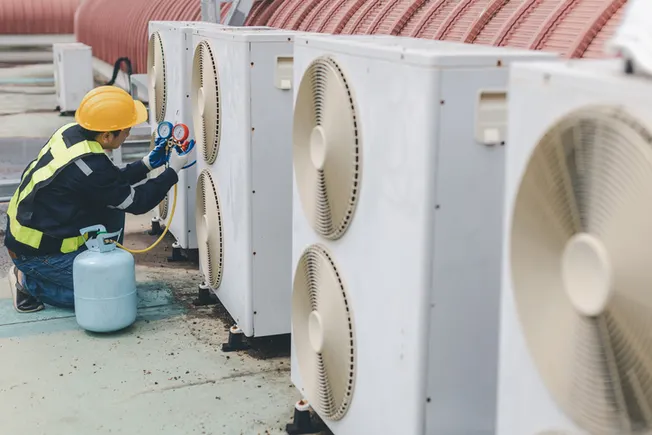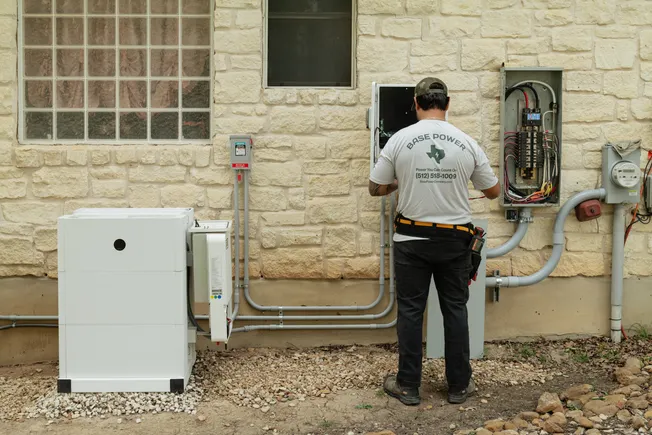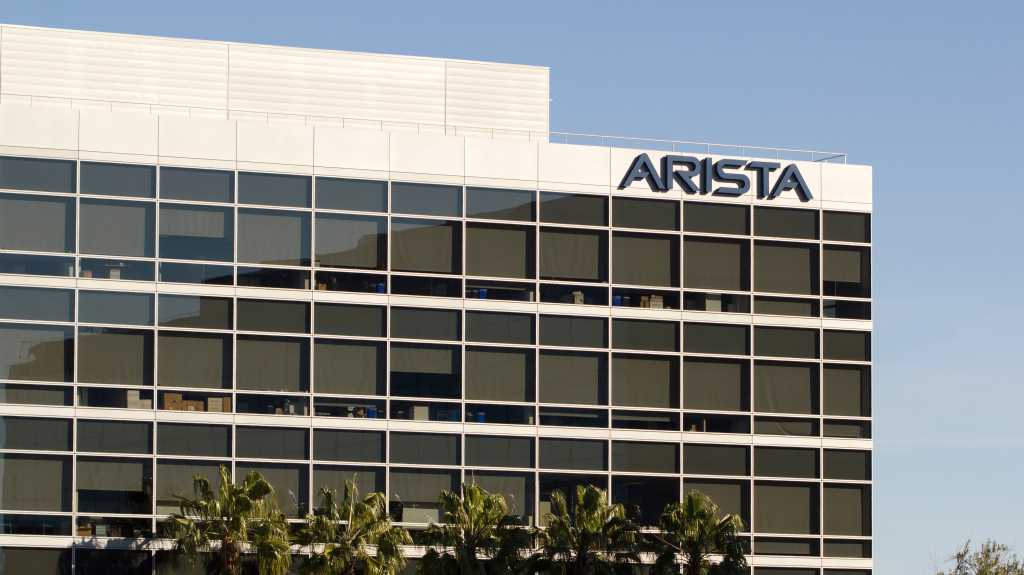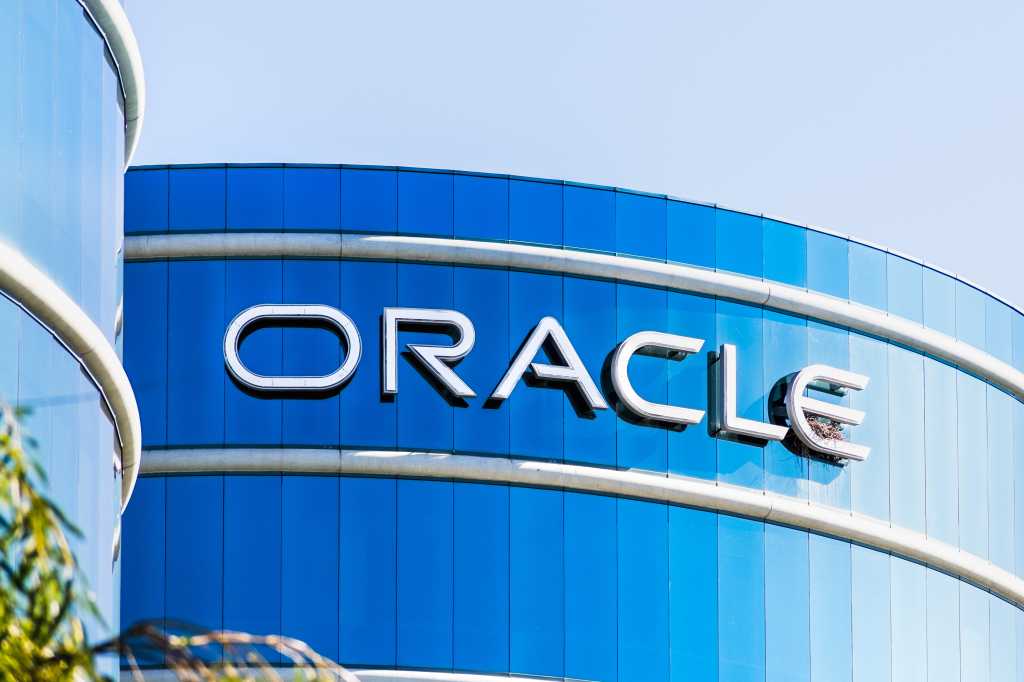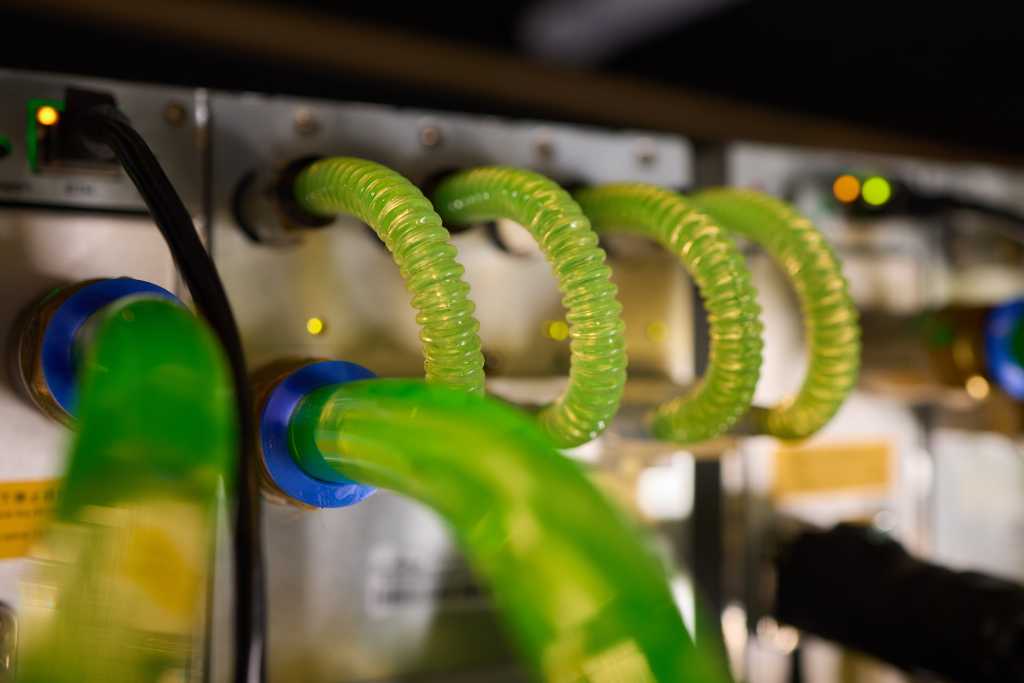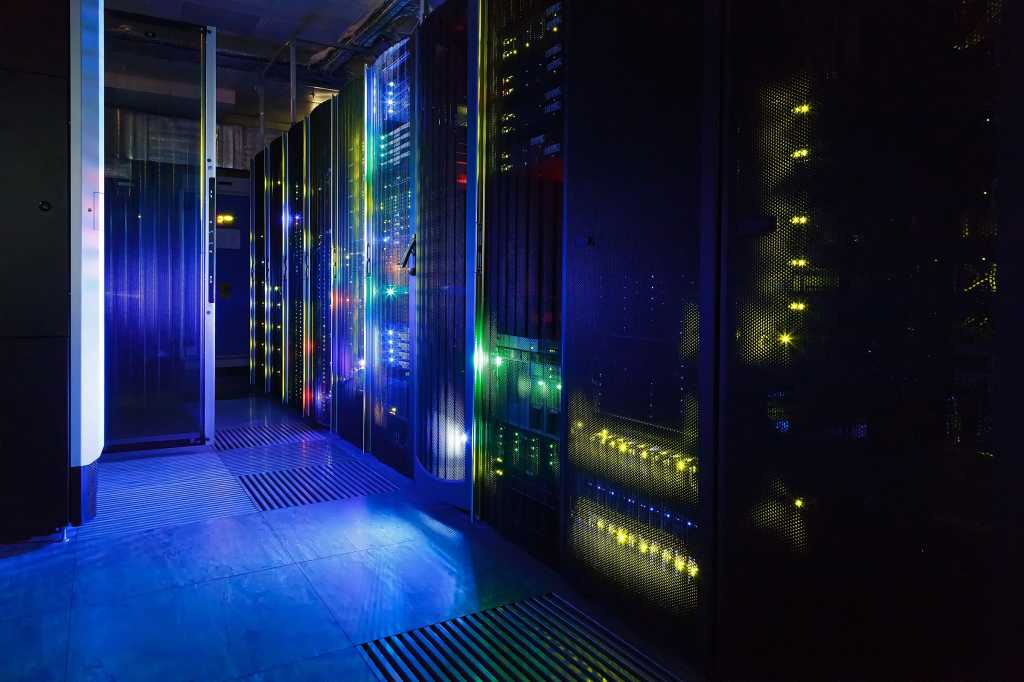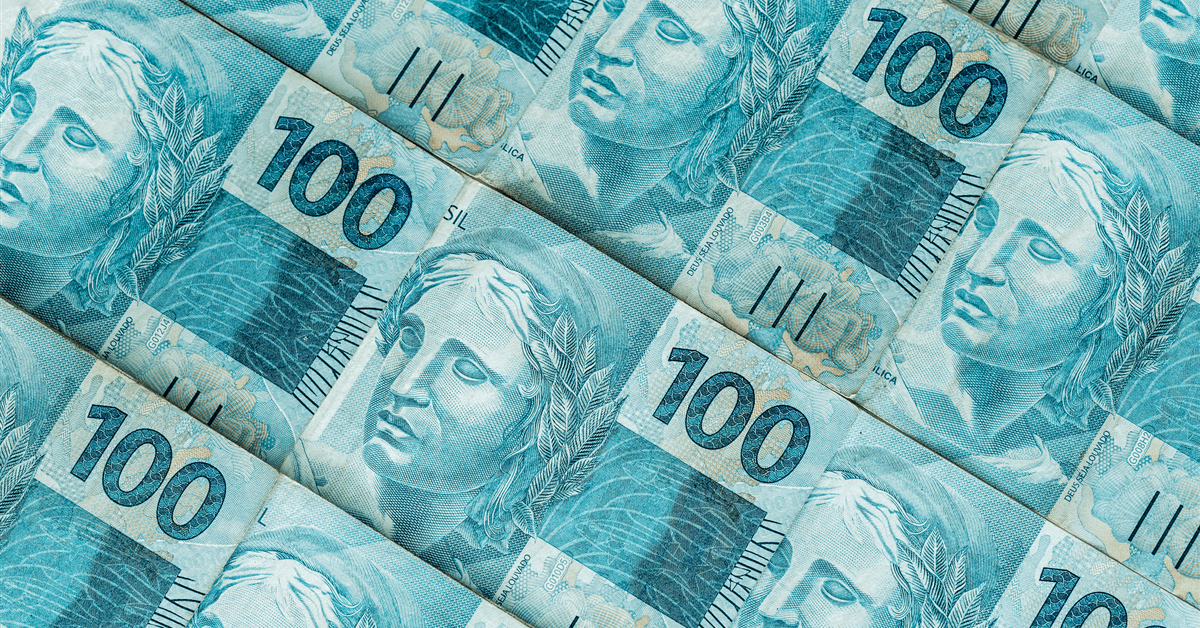
Petrobras announced 9.1 billion reais ($1.6 billion) in dividends on Wednesday that trailed estimates after a surprise loss in the fourth quarter.
The payout fell short of expected dividends of $2.8 billion, the average of five analyst estimates reviewed by Bloomberg. The Brazilian oil producer has joined other majors including Exxon Mobil Corp. and Chevron Corp. who continued to reward shareholders even though free cash flow has become strained at current oil prices.
The Rio de Janeiro-based producer reported a net loss of 17 billion reais ($2.9 billion) in the fourth quarter due to “exclusive events” including the accounting impact of a sharp currency devaluation, it said in a filing. Without the one-off events net income would have been 17.7 billion reais, it said.
The dividend fell by about half from the previous quarter in a disappointment to investors. Petrobras has been a cash cow despite political attacks on its dividend policy at the start of President Luiz Inacio Lula da Silva’s term.
“Petrobras’ results in 2024 were impacted mainly by an item of an accounting nature,” Chief Financial Officer Fernando Melgarejo said in the filing, where he cited “the exchange rate variation in debts between Petrobras and its subsidiaries abroad.”
Analysts were expecting 18.35 billion reais in net income, according Bloomberg consensus. Brazil’s real was the worst performing major currency in 2024. Adjusted earnings before interest, taxes, depreciation and amortization, or Ebitda, was 41 billion reais, trailing the 61.9 billion-reais estimate.
Petrobras’ American depositary receipts were down 3.6 percent in after-hours trading.
About 83 percent of analysts currently recommend buying Petrobras, compared with 39 percent when CEO Magda Chambriard began her term last year last May, according to Bloomberg data. The payouts have also helped shore up the finances of the federal government, Petrobras’s controlling shareholder. Petrobras made 103 billion reais in dividend payments in 2024, it said.
Petroleo Brasileiro SA, as it is formally known, reported earlier this month a decline in oil and gas production and weaker sales and exports during the quarter. Maintenance-related stoppages at offshore platforms and natural declines at mature fields caused the drop in output.
The company’s success at reversing its production decline will affect global oil supplies at a time when OPEC and its allies are trying to gauge when they can start unwinding output cuts. After lackluster production at Petrobras in 2024, and some drilling setbacks during the first quarter, output is expected to start growing again in 2025 at the giant deep-water projects that have made Brazil a significant source of non-OPEC exports. The company expects production to increase 100,000 barrels a day on average this year.
Investors continue to track the pace of investments at Petrobras, including acquisitions and investments in less-profitable renewables projects. While the spending hasn’t picked up yet, there is concern that renewables investments could erode Petrobras’s ability to pay dividends.
In a message to investors, Chambriard vowed to replenish oil and gas reserves and pursue a “profitable diversification” of its portfolio. Petrobras’s top boss said the company is making progress at studying partnerships with major players for the production of ethanol.
A January increase in diesel prices sent a positive signal to investors who had been concerned about the company subsidizing fuel to help the government contain inflation.
Chambriard has said Petrobras will continue to return cash to shareholders as long as it doesn’t hurt its financial health and ability to invest. She has vowed to “step on the accelerator” with investments in oil equipment and services, such as expanding a fleet of support vessels and expanding refining capacity. The oil producer spent $16.6 billion a 31 percent increase compared to 2023.
The chief executive has appeared with Lula to announce infrastructure investments and is clearly committed to help the government grow the economy. Analysts have expressed concern that the company could come under political pressure ahead of the 2026 presidential election, making its shares more volatile.
What do you think? We’d love to hear from you, join the conversation on the
Rigzone Energy Network.
The Rigzone Energy Network is a new social experience created for you and all energy professionals to Speak Up about our industry, share knowledge, connect with peers and industry insiders and engage in a professional community that will empower your career in energy.
MORE FROM THIS AUTHOR
Bloomberg





